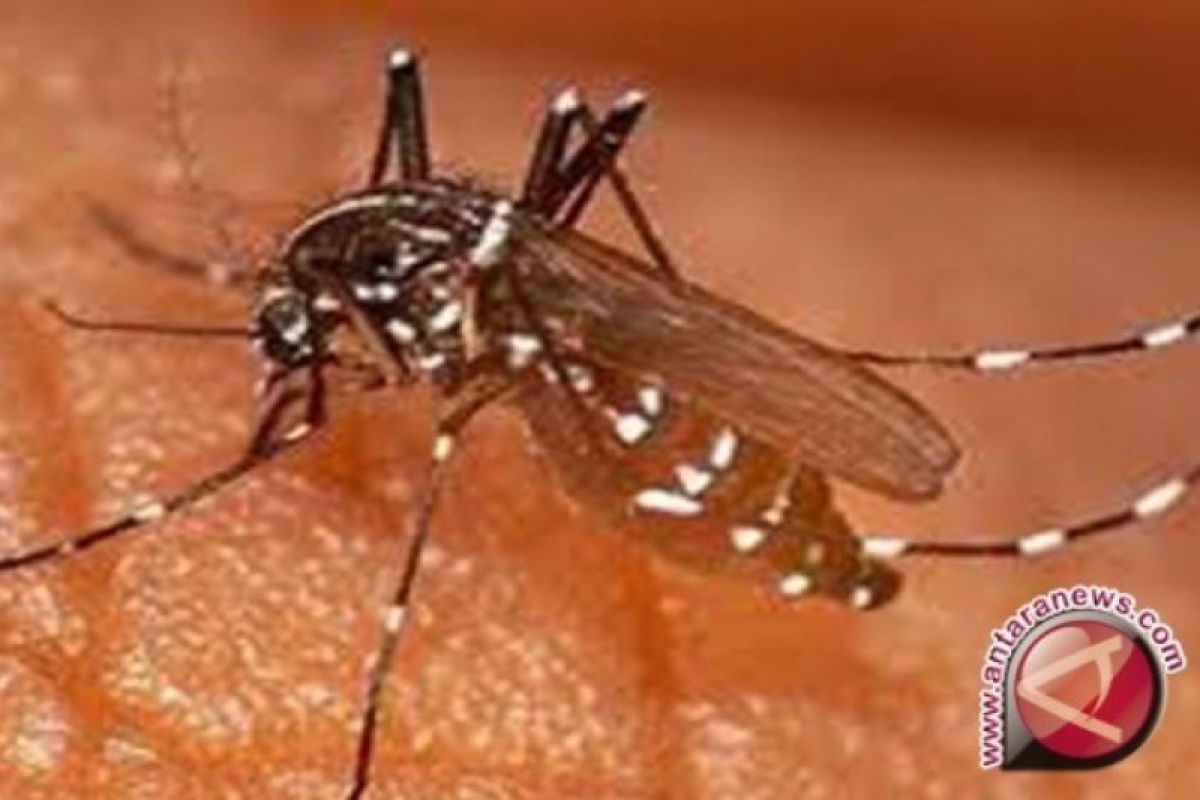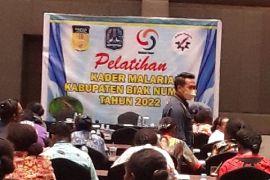Jakarta (ANTARA) - The Indonesian Health Ministry has reminded the people living in malaria-endemic areas, to be vigilant of the disease amid the current COVID-19 pandemic.
The government was trying to prevent an increase in malaria cases during the COVID-19 pandemic, Siti Nadia Tarmizi, the ministry's Director for the Prevention and Control of Zoonosis and Vector Infectious Diseases, said in a press statement here on Saturday.
Malaria has several symptoms similar to COVID-19 such as fever, headaches, and muscle aches, and its treatment procedures refer to the COVID-19 prevention protocol, according to her.
"Malaria sufferers can be infected with other diseases including COVID-19," she said.
She called for increased vigilance as the current spread of COVID-19 has been expanding to malaria-endemic areas, especially in eastern Indonesia such as East Nusa Tenggara (NTT), Maluku, and Papua. Hence, it could cause a double health burden.
In an effort to protect health workers from the transmission of COVID-19, those treating malaria patients are required to use personal protective equipment (PPE) according to the standard COVID-19 prevention protocol.
She also reminded the people to practice physical distance, wear masks, wash hands with soap, and avoid crowds of more than 5 people, as well as to use mosquito nets to avoid mosquito bites.
The health authorities in the regions must monitor and anticipate malaria disease and make sure that the stock of anti-malaria drugs is adequate for the next two to three months, she added.
This year, World Malaria Day (HMS) 2020 was observed on April 25, she said.
Malaria is a contagious disease that affects the quality of human resources, can cause various social and economic problems, and even affects national security.
The government is targeting to eliminate malaria in 405 districts and cities by 2024. The 2020-2024 period is an important and decisive period in the effort to achieve a Malaria Free Indonesia by 2030, according to her.
The government has planned to eliminate malaria in cities and districts in stages. "Most of the cities in Java and Bali are already malaria-free," she noted.
Malaria is a life-threatening disease caused by Plasmodium parasites that are transmitted to people through the bites of infected female Anopheles mosquitoes. It is preventable and curable.
According to the latest World malaria report, released in December 2019, there were 228 million cases of malaria in 2018 compared to 231 million cases in 2017. The estimated number of malaria deaths stood at 405 000 in 2018, compared with 416 000 deaths in 2017.
Related news: Epidemic of malaria expands in West Lombok : health office
Related news: Government responds quickly to malaria cases in Lombok
Related news: Indonesia records 8,607 confirmed COVID-19 cases, 1,042 recoveries









